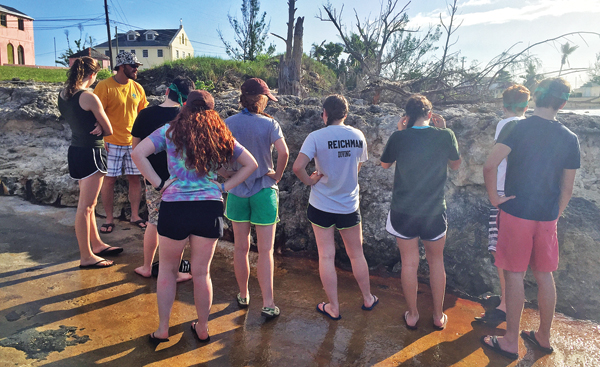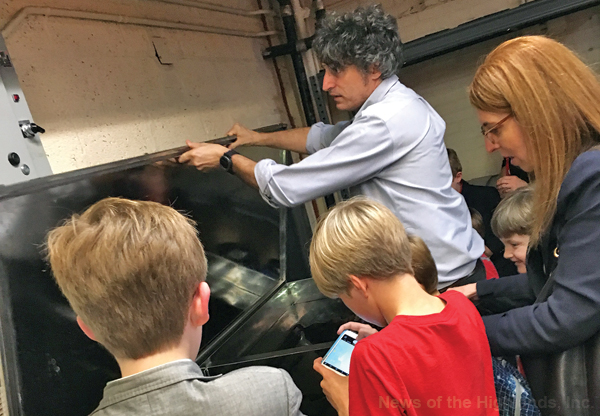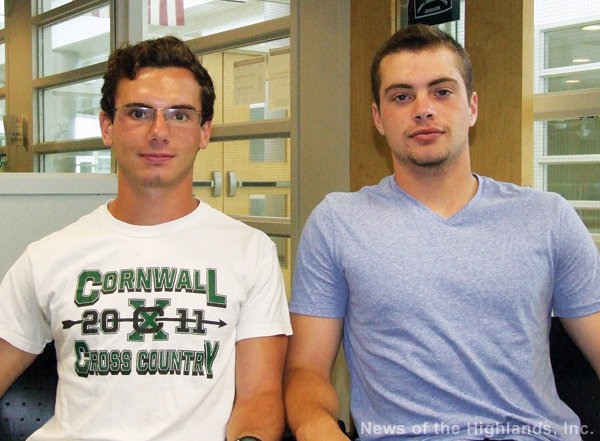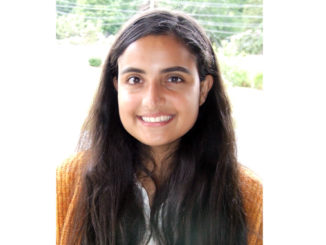
Over the winter break, seven Cornwall High School advanced placement science students visited the Bahamas to participate in intense hands-on research in marine biology and geology.
There was no time to enjoy the beach and the 80-degree temperatures. The students’ day began with breakfast at 7 a.m. and ended 14 hours later, including two hours in the classroom. By 8:30 a.m., the students were aboard a truck that took them into the field for that day’s research.
Science teacher Joshua Hubbard said many of the field visits entailed snorkeling in the water
Equipped with field notebooks, students kept track of weather conditions, beach slope, site conditions, and descriptions of the coral reefs. The young scientists were also concerned with population of the numerous species they encountered — such as doctor fish, squirrel fish, barracudas, chubs, four-eyed butterfly fish, fire coral, brain coral, spaghetti worms, spotted Caribbean lobster, heart urchins, and fuzzy chiton.
A favorite site of the students was the wet cave they visited. They dropped into chest-deep water and explored some of the dark expanses.
Toward the end of the trip, one of the final sites was a series of patch reefs. Without any prompting from their teacher, the students noted the different population densities of two categories of soft corals — sea fans and sea rods. Using a transect line, the students discovered sea fans predominantly lived on the up current portion of the reef while sea rods were located on the other side. The discovery will be part of a research paper on which the students will collaborate.
After a day in the field, the students spent two hours in the classroom reviewing what they had learned. They read science journals and used guidebooks to identify the species they observed.
Hubbard noted there were 200 college students working on their Ph.Ds, studying the coral reefs.
“They were basically doing preliminary Ph.D work on their own thoughts and observations,” Hubbard said of his students. “That was a very proud moment.”
Overall, Hubbard thought the first trip was a success and said he’d like to take other science students on an annual basis.



